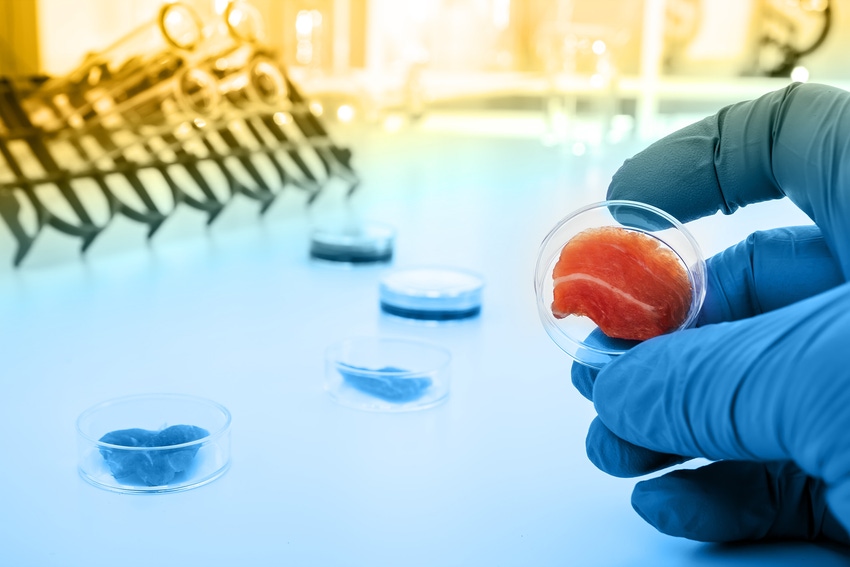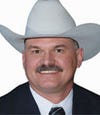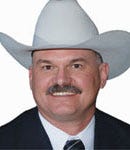Clean meat? It's not that simple
Test-tube meat has been on the beef industry radar for a handful of years. But is it time to really start taking it seriously?
October 30, 2017

I have been following “cultured" or “clean” meat, which is meat cultured in a laboratory rather than raised on a farm. “The production of cultured meat begins by taking a number of cells from a farm animal and proliferating them in a nutrient-rich medium. Cells are capable of multiplying so many times in culture that, in theory, a single cell could be used to produce enough meat to feed the global population for a year,” according to the website new-harvest.org.
Receiving support from the likes of billionaires Bill Gates and Richard Branson, cultured meat has certainly garnered interest. There are several companies bringing this product to market, but the company that has received the most press recently is Memphis Meats.
Early on, the product was considered far-fetched, and was widely dismissed. However, with some major meatpackers announcing their investment in its development, along with having to feed 9 billion people by 2050, it is being taken more seriously.
For me, the most intriguing comment comes from Branson. “I believe that in 30 years or so we will no longer need to kill any animals, and that all meat will either be clean or plant-based, taste the same, and also be much healthier for everyone.”
A lofty goal, indeed. At this time, culturing meat is not cost-effective. And, interestingly, the current culture process requires the use of antibiotics. But over time, technology may decrease costs and laboratory sterility improve, so that antibiotics are not required. So, is it possible that in 30 years, Branson’s beliefs will come to fruition? Well, it’s not impossible. But then what?
The final result (goal?) of cultured meat is, frankly, elimination of animal agriculture — at least if we take Branson at his word. But even if it isn’t eliminated, there would be changes of epic proportions, and some unintended consequences as well. This raises several questions:
How will the land be used? The anti-animal ag folks would probably say that the cropland currently used for raising livestock feed would be converted to raising food for people. My concern is about the land that is only suitable for grazing.
If our livestock population is decreased by, say, 50%, we will have an abundance of grazing land that will either sit idle or people will try to use it for crop production, possibly resulting in severe erosion. It can be used by wildlife, of course. And maybe our excess livestock will become wildlife, which brings me to my next question.
What will happen to wildlife? If there is no “need to kill any animals,” one would assume that hunting will be included. And if man is eliminated as a predator, wildlife overpopulation would soon occur. So, there would still be a need to kill animals, unless we sterilize a percentage of them so they can’t reproduce. But many animals will still die a much more violent and painful death than at man’s hands, because man is not their only predator.
What will happen to all the livestock? There are well over 1 billion cattle in the world, in addition to swine, sheep, chickens, etc. Population management is easier in livestock than wildlife. In fact, we have been managing these populations for thousands of years. But one of our primary tools for population management has been slaughter. If that tool is no longer available, livestock will have to be managed more like wildlife.
These are just a few questions about cultured meat. Personally, I don’t believe that animal agriculture will be eliminated, but I do believe that animal agriculture will eventually have to work in concert with cultured meat.
Ultimately, cultured meat must first become cost-effective to be a viable option. Will that happen? There are many who say it won’t, but we have all experienced how refinements in technology have drastically reduced the cost of production. Our own industry, in fact, is a perfect case in point.
Sjeklocha, DVM, is operations manager of animal health and welfare for Cattle Empire LLC, of Satanta, Kan. He can be reached at [email protected].
About the Author(s)
You May Also Like





